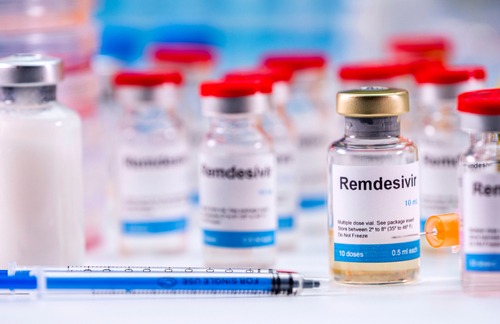
According to a new study from the Galveston National Laboratory, published last week in Nature Communications, combining monoclonal antibodies and the antiviral remdesivir can make for a potent defense against the lethal Marburg virus (MARV).
Conducted at the University of Texas Medical Branch at Galveston, the study was pursued by combining academic and corporate interests. Together, they have spent years working on monoclonal antibody therapies to treat viruses such as Marburg and Ebola. This latest was tested on rhesus monkeys, deploying the antibody therapies six days after infection.
“Marburg is a highly virulent disease in the same family as the virus that causes Ebola. In Africa, patients often arrive to a physician very ill,” Tom Geisbert, a professor in the Department of Microbiology & Immunology at UTMB and the principal investigator for the study, said. “It was important to test whether a combination of therapies would work better with really sick people. Our data suggests that this particular combination allowed for recovery when given at a very late stage of disease.”
Even at six days from infection, the combination therapy brought an 80 percent protection rate. This adds to the weight of evidence supporting such treatments, which have already been shown to be highly effective in lab studies and emergency use, especially early on.
“Often small molecules and antibodies are positioned to compete with each other for a single therapeutic indication,” said Dr. Zachary Bornholdt, senior director of Antibody Discovery and Research for Mapp Biopharmaceutical and a co-author on the study. “Here we see the benefit of pursuing both treatment strategies in tandem and ultimately finding synergy upon combining both approaches together.”
In addition to the Galveston National Laboratory’s support, Bornholdt’s and Geisbert’s work was aided by grant funding from the U.S. Department of Health and Human Services.




